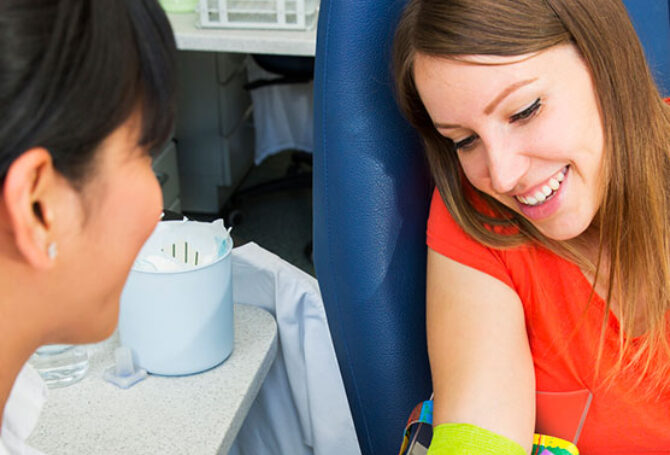Phlebotomy Certification: A Comprehensive Guide – Explaining the certification process
Phlebotomy is the process of drawing blood from a patient for lab tests, transfusions or donations. Phlebotomists are trained professionals who perform this procedure. Phlebotomy certification is an important step for those who wish to become a phlebotomist.
In the United States, there are over 25 different national certifying bodies that employers recognize. It is essential to research and understand the requirements for certification in your state before pursuing this career.
The certification process varies by organization, but generally, it includes a combination of education, training, and passing an exam. Some organizations may require practical experience or continuing education.
In addition to national certification, some states require state licensing. States including Washington, California, Nevada, and Louisiana have their own certification requirements that must be met before practicing phlebotomy.
To be eligible for phlebotomy certification, one must usually complete a phlebotomy training program and pass an exam. The training program may be offered by a vocational school like Northwest Phlebotomy School, a college or hospital.
Once certified, phlebotomists may work in hospitals, laboratories, blood banks, or private clinics. Certification also allows for career advancement and higher salaries.
In conclusion, phlebotomy certification is a necessary step for those who wish to become professional phlebotomists. With over 25 different national certifying bodies and varying state requirements, thorough research is essential to ensure the certification process is completed correctly.
Check out more on our blog at: https://www.nwphlebotomyschool.com/blog/




